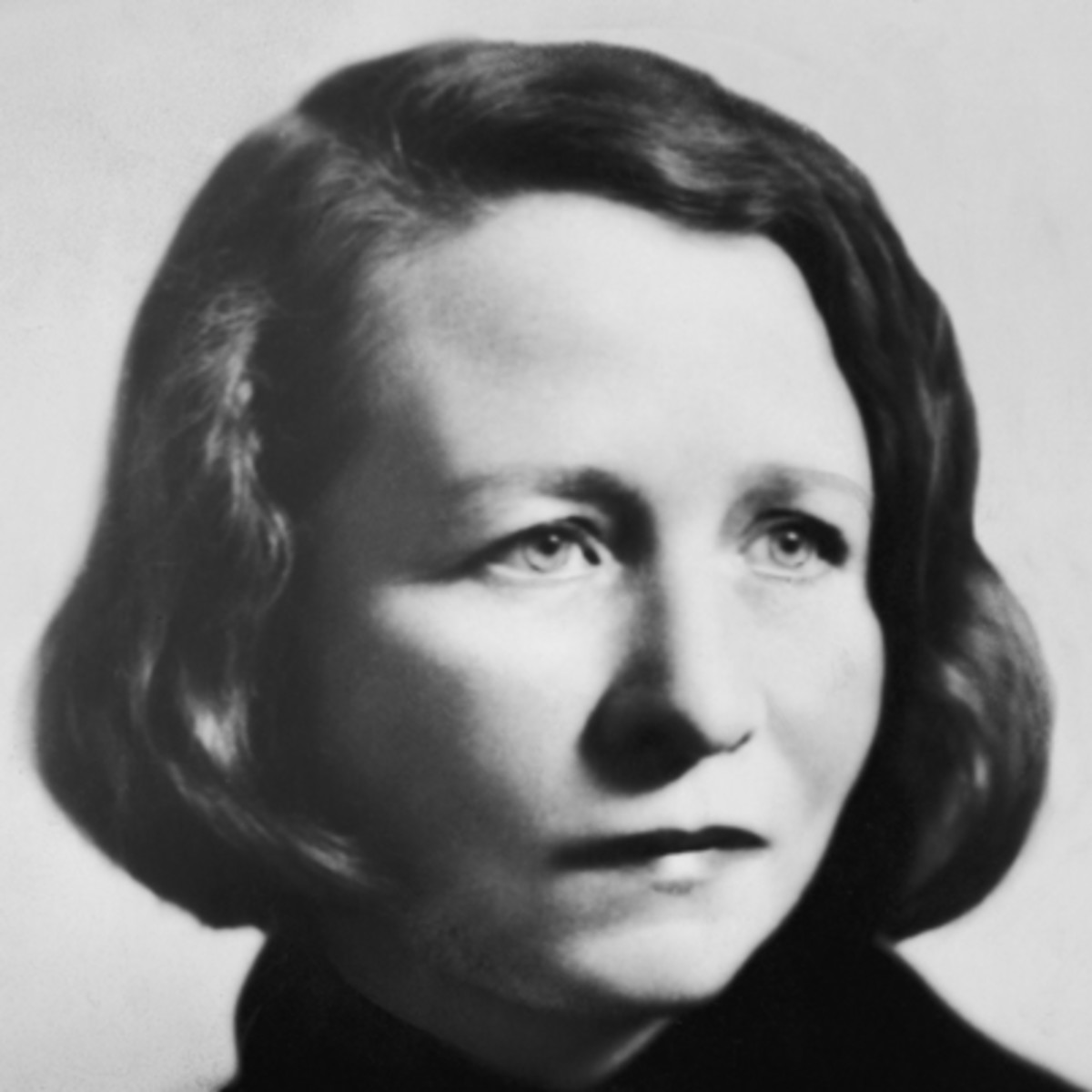The trees along this city street,
Save for the traffic and the trains,
Would make a sound as thin and sweet
As trees in country lanes.
And people standing in their shade
Out of a shower, undoubtedly
Would hear such music as is made
Upon a country tree.
Oh, little leaves that are so dumb
Against the shrieking city air,
I watch you when the wind has come, --
I know what sound is there.
Published:
1921
Length:
Regular
Literary Movements:
Modernism
Anthology Years:
2022
Themes:
Nature
Literary Devices:
End Rhyme
when a poem has lines ending with words that sound the same
Imagery
visually descriptive or figurative language, especially in a literary work
Personification
the attribution of human qualities to a non-human thing
Transferred Epithet
When an adjective usually used to describe one thing is transferred to another.

